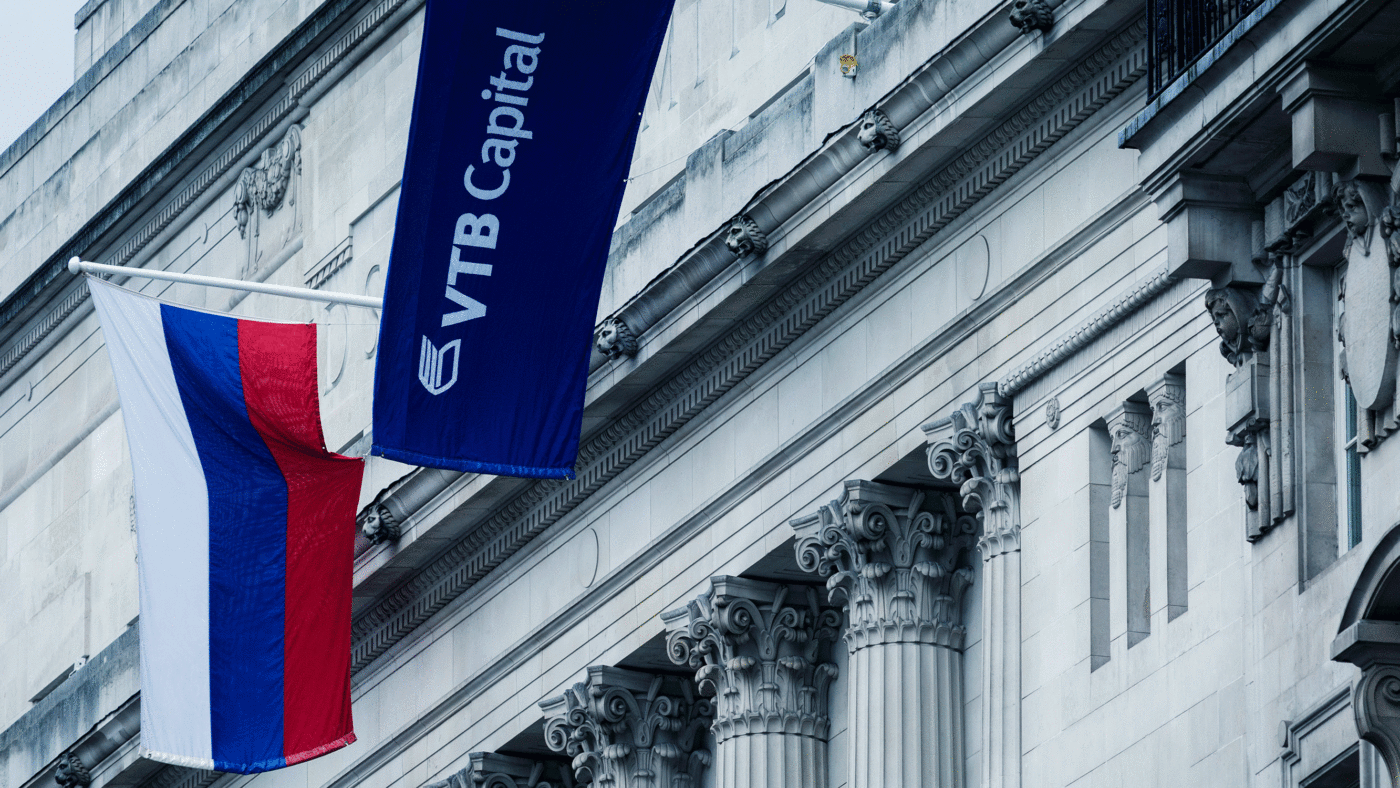Unprecedented in Europe since the end of World War II, Russia has launched an unprovoked military invasion of Ukraine from its own territory and Belarus. Europe is faced with the biggest war on the continent since 1945. Vladimir Putin has followed Soviet leader Nikita Khrushchev in the 1961 Cuban missile crisis in bringing the world to the edge of catastrophe.
This is an important moment to test whether post-Brexit UK can make good on its new ‘Global Britain’ identity and foreign and security policy.
First, the positive side.
Ukraine is one of a few emerging democracies in a Eurasian region dominated by dictators and autocrats. If Global Britain is sincere about supporting democracy abroad then Ukraine must be a top priority.
Ukrainians, who have lived in an independent state for over three decades, cherish their freedoms. In 2004 and 2014, millions joined the two uprisings that came to be known as the Orange Revolution and the Euromaidan Revolution of Dignity. Over 100 innocent protestors were murdered during the Revolution of Dignity by the security forces operating under the Kremlin’s instructions. Known as the ‘Heavenly Hundred’, their memory is honoured each year in Kyiv.
In the last eight years Russian forces first invaded and annexed Crimea and then launched unprovoked military aggression in eastern Ukraine. A total of 20,000 Ukrainian civilians and soldiers have died. With a full-scale Russian invasion now taking place this grim figure may rise into the tens, possibly hundreds of thousands. Two million Ukrainians have already been forced to flee the war zone and become internal refugees.
Since November of last year the UK has led the way in Europe in supporting Ukraine militarily, diplomatically, and economically. Britain and Ukraine signed agreements to build up Ukraine’s navy in the Black Sea and build new naval bases, and increased the tempo of their existing schedule of joint military exercises, recently organising the training of 22,000 soldiers.
Britain has also delivered anti-tank missiles which were being used against Russian invading armour in different parts of Ukraine. The Main Battle Tank and Light Anti-Tank Weapon (NLAW) is a joint British-Swedish short-range fire-and-forget anti-tank weapon that has become a very useful addition to the Ukrainian military arsenal.
But welcome though this all is, the British response has not gone nearly far enough.
At home, the Government’s sanctions in response to Russia’s invasion of the Donbas on February 22 were pathetic, targeting entities that had already been sanctioned by the US since 2018. The limpness of the response sent a signal to the Kremlin that Global Britain remained open to their dirty money.
It still seems, even at this stage, that Global Britain remains unwilling to stop its capital being known as Londongrad or Moscow-on-Thames.
Putin’s biggest export is not gas and oil, but corruption – which the Kremlin uses strategically to influence the West’s ruling elites. According to the anti-corruption watchdog Transparency International, London is the world’s biggest centre for money laundering. ‘Londongrad’ has become a haven for billions of pounds of dirty Russian cash that has infected Britain’s financial, political and education systems – not to mention the British property market.
A staggering 30,000 properties in England and Wales – many likely owned by the Russian elite – are registered to companies and individuals based in the British Virgin Islands (BVI), showing that the problem of dirty money is not just London but also British crown dependencies in the Caribbean. Most of the owners of these properties, many of which are huge mansions, are unknown because the Government is unwilling to aggressively pursue secret offshore ownership of property.
Sir Keir Starmer may well point to the wealthy Russians who have donated to the Conservative Party, but the uncomfortable truth is that the flood of dirty Russian money has been a festering sore since the Blair era, some two decades ago.
Nonetheless, Global Britain is still a worthy project. The UK certainly needs a new post-Brexit national identity to guide its foreign and security policies. But Global Britain will only be respected if it sheds its somewhat Jekyll and Hyde character. We cannot simultaneously support democracies like Ukraine abroad while welcoming unscrupulous Russian kleptocrats at home.
Russia’s full-scale invasion of Ukraine is an opportunity to correct this imbalance and strike a different pose.
There are four specific ways we should now deal with the scourge of ‘Londongrad’.
Firstly, by nationalising Russian assets in the UK and placing these monies into a holding that can be used to support pro-democratic forces in Russia. The second should be the banning of Russian oligarchs and officials from ever visiting the UK. Third, the Conservatives and other British political parties should return all Russian money they have accepted. Finally, Kremlin propaganda outlet RT should lose its broadcasting licence.
The UK is doing a great job abroad in providing military and diplomatic support to Ukraine. Now is the time to back it up and return our great capital city to its proper name of London.
Click here to subscribe to our daily briefing – the best pieces from CapX and across the web.
CapX depends on the generosity of its readers. If you value what we do, please consider making a donation.


